How Heavy Metal Saved My Life
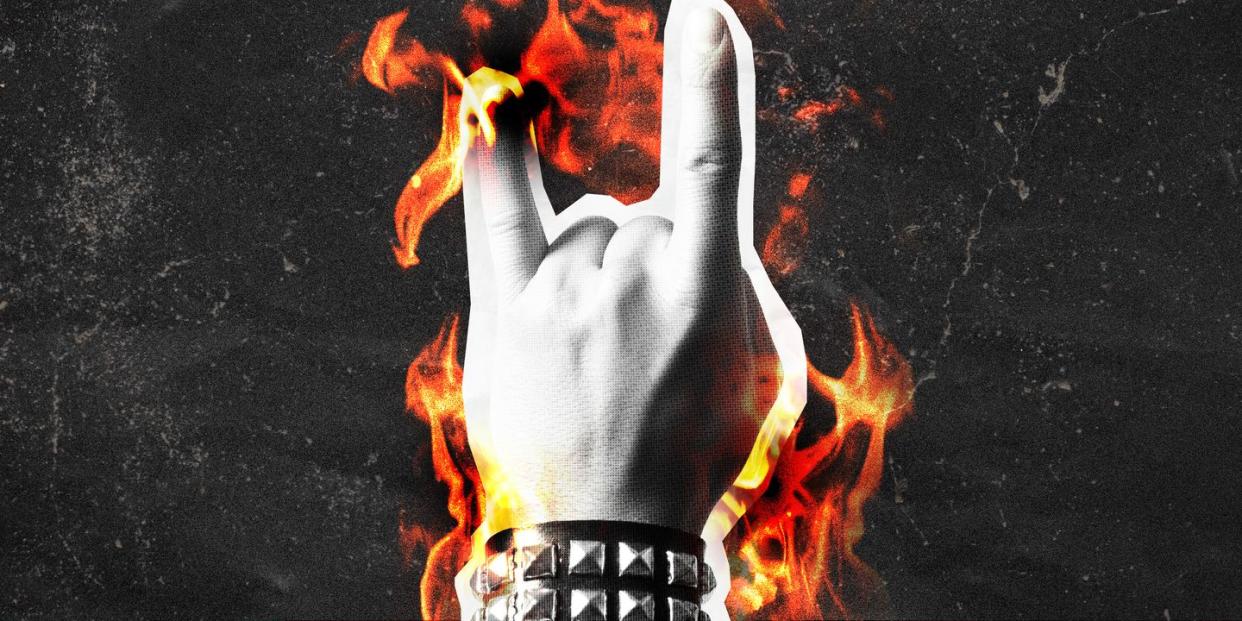
"Hearst Magazines and Yahoo may earn commission or revenue on some items through these links."
Of course it was Gomper who thought up the name.
Patrick 'Gomper' Guinness, born and raised in South Buffalo, no relation whatsoever to the family of Irish brewing billionaires, was as close as our little crew had to a man of the world. Gomper owned almost a dozen hardcore and metal records, and most of a drum kit, and had actually been to New York City—all of which made him our lord and commander. When he announced, right before band practice one Sunday morning, that we were going to call ourselves “Asphalt Halo,” it never crossed our minds to disagree. The name sounded cool, and it suited our sound—the “asphalt” part, anyway. I'm pretty sure all three of us—Gomper, J.T., and me—understood, even then, that it was better than our bullshit band deserved.
The plan was to get together every Sunday in what Gomper's parents insisted on referring to as their “carport”—it was a standard one-car garage—and use our battered pawn-shop instruments to make noises that approximated rock. Ten in the morning on Sundays was the perfect time to play—the only time, really—because everybody else was at mass. We had an hour and a half before someone (Gomper's dad, usually) ordered us to stop on pain of death. We did our best to make those ninety minutes count.
There was only one problem: our best was awful.
J.T. knew two or three power chords (we didn't realize that the whole point of a “power” chord is that it can be slid literally anywhere up and down the neck of a guitar), so it was usually J.T. who started us off. The riffs he came up with sounded pretty good, as I remember it—right up to the moment when the rest of us joined in. Gomper had been in marching band for a year, and he kept decent time, at least until his attention drifted.
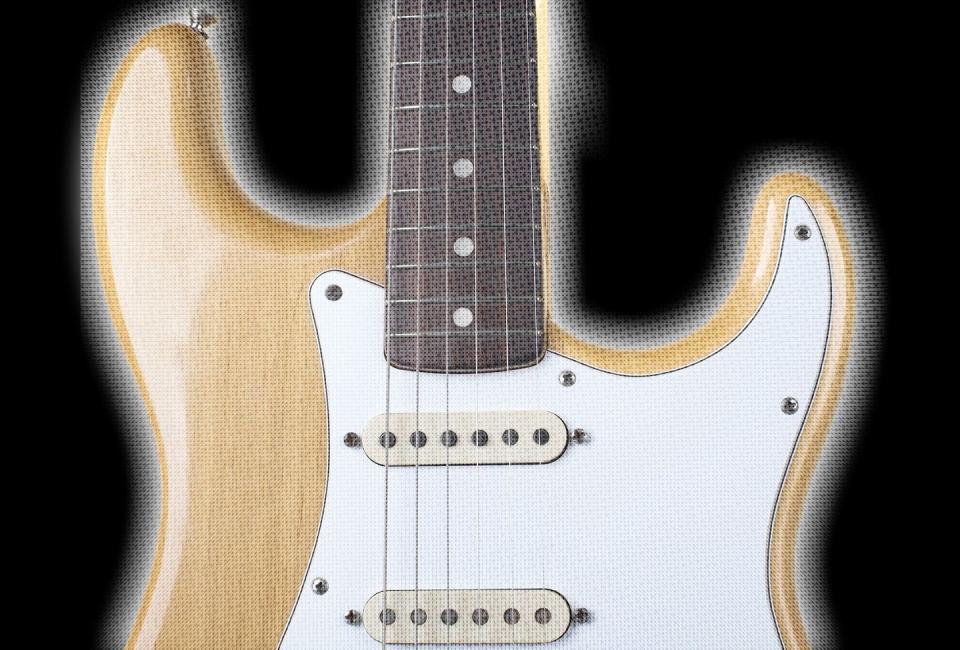
My own case was more problematic. I was on the bass, technically speaking—though it might be more accurate to say that the bass was on me. I'd found it at a tag sale in Cheektowaga for forty-five bucks: it was made out of some kind of translucent green acrylic that was heavier than lead, and it was fretless. I hadn't known that electric bass guitars generally have frets when I'd bought it, and neither, apparently, had anyone else in the band. What's more, I was so scrawny at sixteen that I had to play the thing sitting down, usually on the floor, with the instrument laid across me like a fallen Douglas fir. For these and other reasons, Gomper and I never failed to sabotage J.T.'s riffs, even when—especially when—we tried to play along. It didn't take us long to decide that the songs were better served if we each just went our own arbitrary way. Dissonance, Gomper argued, was impossible for us to steer clear of—so why not just make dissonance the goal?
This was how Asphalt Halo—which had originally been conceived as a cross between AC/DC and Metallica, with a soupçon of Black Sabbath thrown in for good measure—became an exercise in pandemonium.
What still blows my mind, looking back, is how little it mattered to us that we sucked. We took an innocent sort of pride, in fact, in the violence of our rejection by the world. Our jams offended every living creature within hearing range: Gomper's parents, kids from the neighborhood playing hooky from church, the beautiful and aloof sophomore J.T. referred to as his “girlfriend” with zero evidence to support his claim, and even Peanut, the Guinness' long-suffering standard poodle. None of us had ever heard of the term “noise band,” let alone of John Cage or Merzbow or Metal Machine Music, so we were free to imagine that we were breaking fresh musical ground.
We'd have preferred to set the world on fire, needless to say. We'd have preferred to tour Europe and put out glossy double albums, or at least to be able to get through one single song from start to finish. But the crappiness of our band was beside the point, I understand now, because the alternative was despair. The three of us needed Asphalt Halo to exist. Reality was not an option. We had to have a pretext—a scaffolding, however flimsy, on which to hang our day-glo teenage dreams.
The fact that it worked, however temporarily, still takes my breath away.
I spent a great deal of my adolescence in a state of fear. It's hard to imagine, these days—given how beautifully the city has been restored, how lively its downtown is now, and how delighted everyone seems to be to live there—but Buffalo in the early '80s was a bruised and gray and godforsaken place. I saw a kid beaten half to death by his best friend, out of his mind on Miller High Life and paint thinner, using the cast on his broken left hand as a weapon. I saw a flatscreen TV thrown out of a second-story window onto an idling ambulance. I had a front-row seat for sexual harassment and homophobia and racism in all their bewildering small-town American varieties—and I came from the quiet part of town. The unspoken collective assumption in the once-great “Queen City” seemed to be that our best days, to put it very gently, were behind us. The movies we saw were all about people and places on bizarre and distant planets—New York, Los Angeles, Miami—and TV was beyond ridiculous. The only thing that came anywhere close to capturing what we desired and loved and feared was music. The heavier and uglier the better.
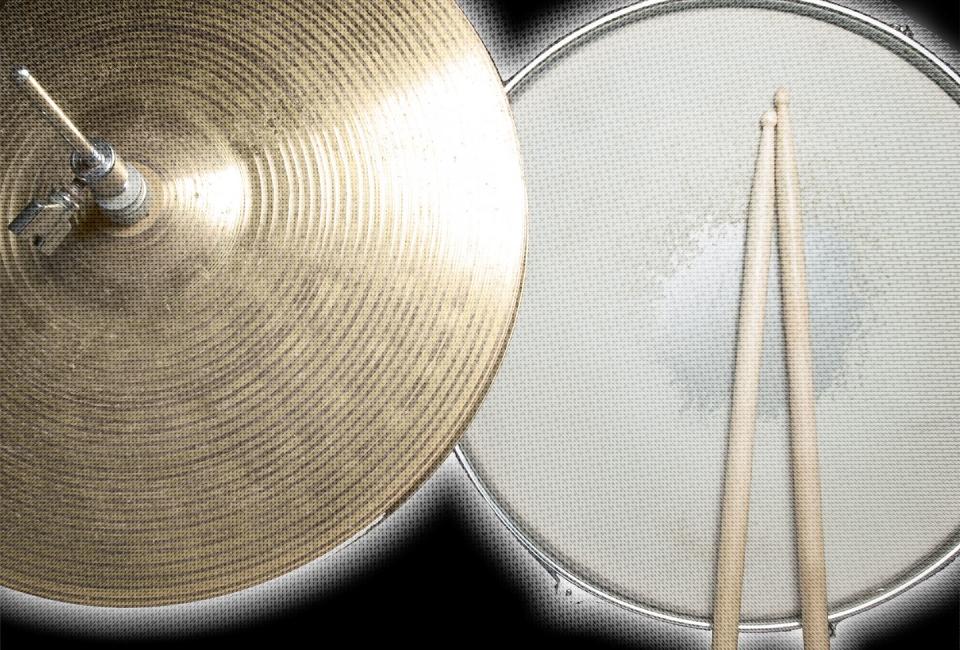
Without Asphalt Halo—without Gomper's Slayer and Minor Threat albums, without J.T.'s three bar chords, without the twin miracles of distortion and feedback, without those Sunday mornings in that pivotal year of my paranoid teens, and the defibrillating effect they had on my imagination—I have a pretty clear picture of how things might have turned out. I didn't have far to look: reality, after all, was right there waiting for us, every time the music stopped. It was somehow understood, without ever being explicitly discussed, that things turned ugly over at J.T.'s when his father was around. Gomper's home life was okay, as far as I could see, but he was going through a six pack of Labatt's Blue a day by fall of junior year. Even during the Halo's heyday, depression pinned me to the bed most mornings like a room-sized mastodon. At the time I simply thought of it as boredom, which sounds innocuous enough—but I've seen boredom lay waste to whole families. The fewer options you have—the less you can plausibly imagine yourself doing, on any given day—the more likely you are to slide into the void. Even now, I can't read about the grievances of so-called Red State America, or hear pundits hold forth about the rural opioid epidemic on CNN, without that suffocating No Exit feeling tightening my chest. Lack of options, of alternatives, of fantasies can kill you. Gomper and J.T. and I knew that better than anything. It was axiomatic for us. I'd rather suck at something than be dead.
Our first song—the first one I can remember, at least—was called “Lïnt.” J.T.'s guitar part was straightforward enough—it reminded me a bit of Boston’s “More Than A Feeling”—but my contribution sounded like a funeral dirge played on a tuba, and I'm pretty sure that Gomper's drumming was in a different time signature altogether. We “put it down on tape” before we'd even figured out how it ended. We recorded every aimless lick that we came up with on Gomper's sister's RadioShack boombox, using Mr. Guiness' extensive collection of Phil Collins cassettes as our tape source. By the end of our first month as a band, there was no more Phil Collins left, and no Jean-Michel Jarre, either, which we felt kind of smug about—not to say that we were an improvement. At its best, Asphalt Halo sounded like a smallish Indonesian Gamelan ensemble performing underwater; at our worst, we defied all description. Of the fifty-plus songs we came up with, I don't remember much more than a handful of titles: “Foot Rub,” “Death 2 Rochester,” “Disappointing Fiscal Returns,” and my personal favorite, “Shampoop.” For better or worse, I have only my memory of the music to go by, because we destroyed all evidence of Asphalt Halo's brief existence, by universal agreement, the day we broke up.
Which raises the possibility, however slight, that we were actually amazing.
The end was as unspectacular as the beginning. In our year as a band, we'd seen a dozen faces and rocked exactly none. Somewhere around the start of senior year, the three of us realized—more or less spontaneously, and independently of one another—that the music we were making had no future. Asphalt Halo was a bad joke, a musical non-event, a best-forgotten embarrassment to all concerned. We stopped jamming on weekends, stopped struggling to master our instruments, eventually stopped hanging out altogether. I bumped into J.T. one Sunday that winter, down the street from the Guinness' house, dressed in a pinstriped oxford shirt and chinos. He was on his way to mass.
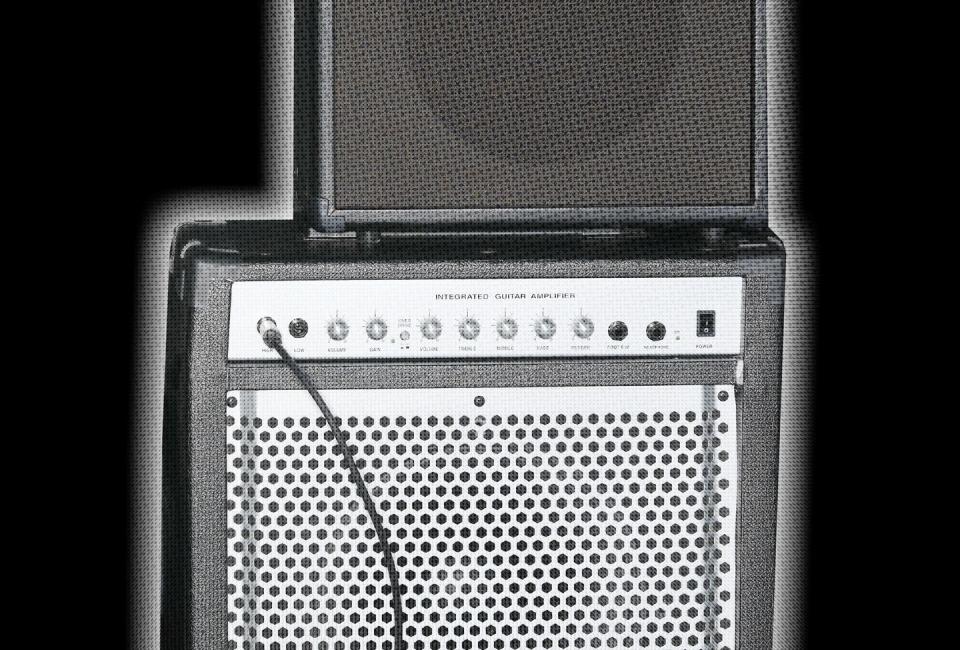
The last time I saw Gomper, he was sitting on a dirty inner tube in Fireman's Park, eating peanut butter straight out of a jar. I'd heard he was a crackhead now, but to me he just looked drunk. His hairline was receding, his voice had lost its swagger, and the wiry body I remembered had gone soft and slow and strange. We hadn't seen each other in a decade, and this meeting was by chance—I’d have walked right past him, probably, if he hadn’t called my name. When I asked about J.T., he smiled and shook his head and changed the subject. I didn't press the issue. Something told me that I didn't want to know.
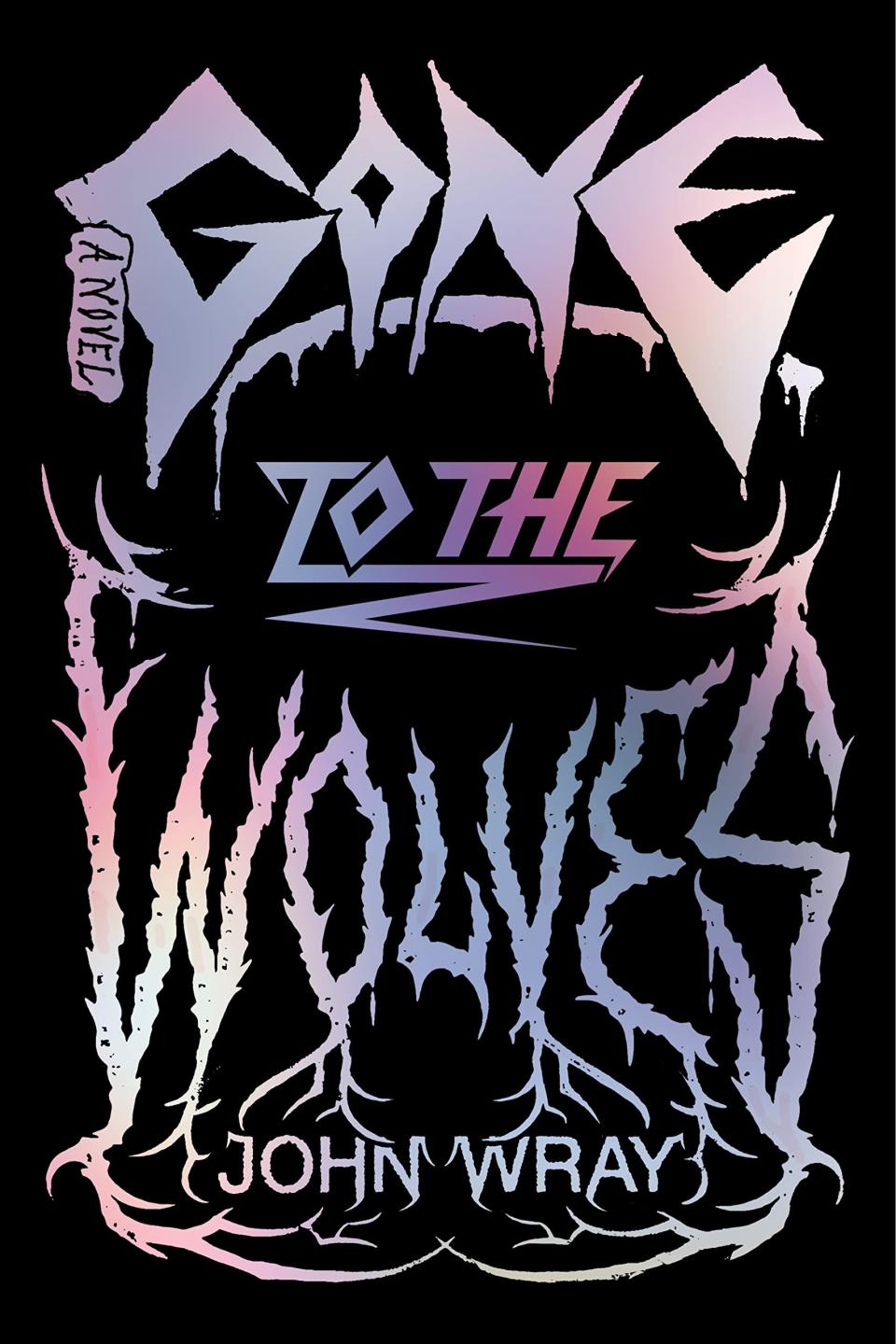
$25.20
amazon.com
Gomper mumbled something about it having been a while, but he didn't seem, as he said it, to have a whole lot of faith in his perception of time. I was living in New York by then, and I expected him to ask about the city—the eternal elsewhere where Life with a capital L was supposed to be located—but he didn't do that either. He talked about hockey. The Sabres were doing pretty well. That Canadian goalie, whatever-his-name, was amazing. Everything was better in Canada, wasn't it? You could walk there in fifteen minutes from where we were sitting. He'd done it just the other week, by himself, to celebrate his birthday.
Gomper was up for talking about everything, it turned out, except Asphalt Halo. It occurred to me at some point that he might have had genuine ambitions for the band, or at least something resembling hope. He might have been counting on music—on our music—to save him from irrelevance, from boredom, from himself. I sat there next to him in the muddy grass for maybe an hour, not saying much, trying to visualize those long-ago Sunday mornings in the carport. They felt utterly unreal to me, bleached of color and detail, like polaroids on the dash of some long-abandoned car. I couldn't help but wonder whether Gomper felt the same. When I got to my feet and said goodbye, he barely seemed to notice.
For years I’ve been having a recurring dream. Some stadium-rock juggernaut—Led Zeppelin, Iron Maiden, Metallica, Nirvana, Radiohead—asks Asphalt Halo to open for them at the last possible minute. The gig is at War Memorial Auditorium, where all the big names played in Buffalo back in the day. The arena is packed when we step sheepishly onto its gargantuan stage, but the vast crowd stands stone-faced and silent: they're just as baffled as we are by our presence there. To stave off disaster, J.T. grabs his beat-up Aria Pro 2 and launches into the opening riff of “Disappointing Fiscal Returns,” and Gomper and I drop in as soon as we can, struggling, as always, for some semblance of control over our instruments. Somehow we make it to the song's only lyrics—REPORT TO MIDDLE MANAGEMENT, screamed at random over the chorus—before the power to our instruments is cut. The silence that falls is even more ominous than when we first shuffled onstage. I'm suddenly dizzy. I can't seem to breathe. I stare into the faces of the greasy-haired goons in the first dozen rows and see nothing but death.
Then the inconceivable happens. Without warning, beginning up in the nosebleed seats, every person in War Memorial starts screaming. Not in outrage, we slowly realize, and not even out of boredom or impatience—thirty thousand metal fans are howling their approval. The whole stadium shudders. I glance over at J.T., who stands frozen in mid-downstroke, blinking and shaking his head. Gomper—sixteen-year-old, dumpling-cheeked Gomper, not the zombie I sat with in the park—grins his buck-toothed grin at me, his brown eyes wide with shock and disbelief. They love us. They fucking love us. Everything is going to be all right.
You Might Also Like

